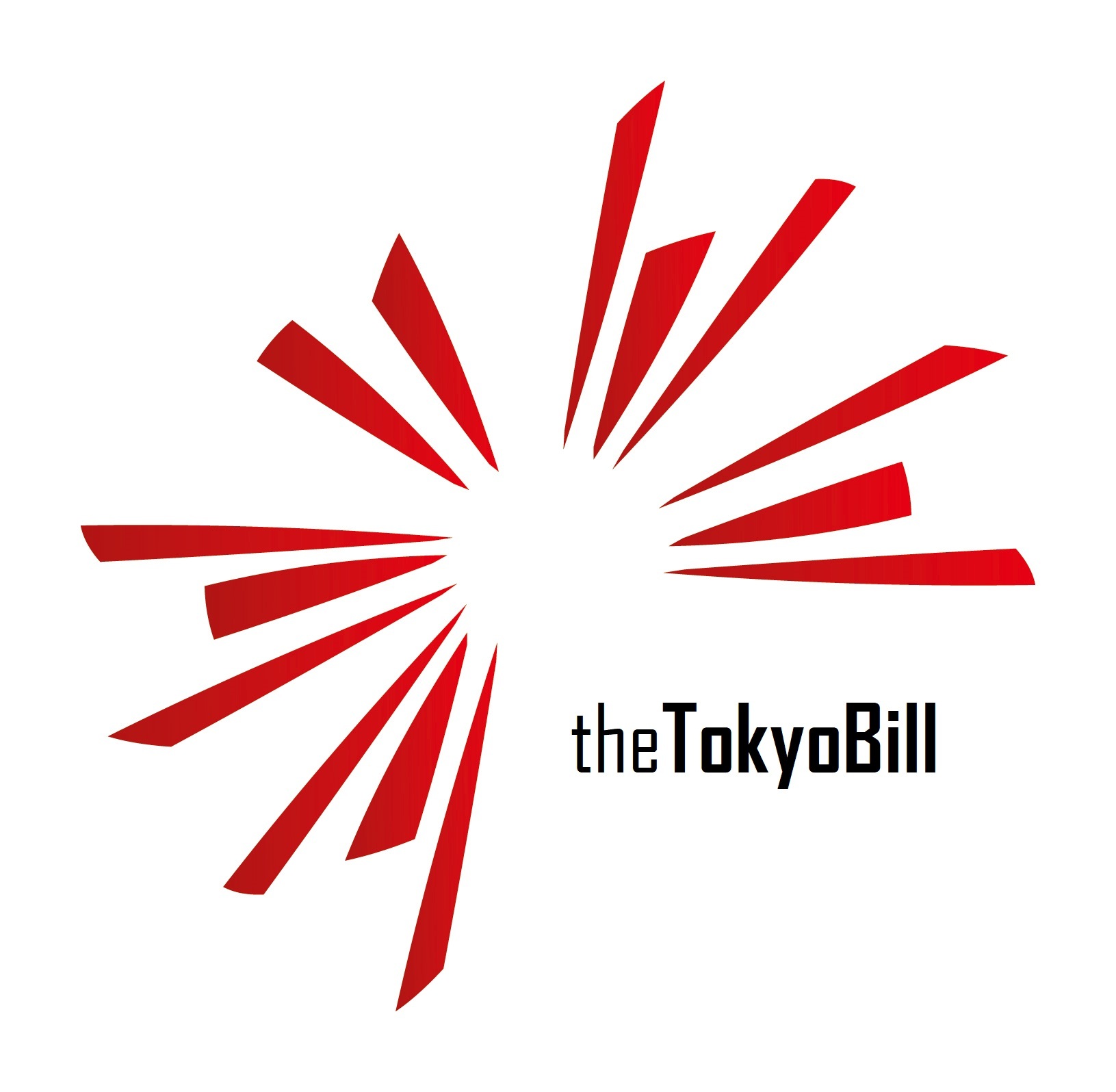A short (3-5 min.) English language news brief; stories from in and around Japan.
Music is Motivate by Wavecont, care of Pixabay.com.
Your support, simply by visiting theTokyoBill.com, would be very much appreciated! :)
[ Music ] >> Welcome to the Tokyo Bill, a short news brief on recent events in and around Japan. And NHK survey reports that there is a severe shortage of school teachers in Japan, particularly in elementary, junior high, senior high, and special needs schools. The survey conducted by the public broadcaster revealed that 43 local governments had data on teacher shortages in September, with schools being short of a total of 2,397 teachers. This marked a 1.3-fold increase from May, with difficulties finding substitutes cited as the main reason for the shortage. The Chiba Prefectural Education Agency in Chiba Prefecture had the highest number of teacher shortages at 94, and is working to swiftly address the issue. Former NHK Executive Kenji Sobaka, who resigned after a Chinese staffer, claimed these Senkaku islands were Chinese territory during a broadcast, has been re-hired as a contract worker. The controversial remarks by the Chinese staffer were unplanned, prompting NHK to switch to pre-recorded news segments, and consider using AI for news reading. Following criticism, NHK executives, including President Nobuo Inaba and Vice President Tazuhiko Inoue, return part of their salaries. Sobaka's re-employment has sparked debate with some questioning the sincerity of his resignation. NHK cited his expertise in international affairs as the reason for re-hiring him. From Tuesday, the prices of about 3,000 food and drink items are set to increase along with the postal rates in Japan. Factors contributing to the price hikes include higher costs of imported raw materials, a week yen, and increased transportation rates. These companies, such as Asahi, Softrinks, Ito-N, and Koyekaya, are planning price increases on their products. Japan Post will also raise postage rates for letters and postcards, citing declining mail volumes and the need to adapt to digitalization. Incoming Prime Minister Shigeru Ishiba has promised to take measures to mitigate the impact of rising consumer prices on households. The Tokyo government has launched a new dating app called Tokyo and Musubi that uses AI to match marriage-minded people. Users must be over 18 and submit photo ID, income verification, and their single status. The app aims to address Japan's declining birth rate, offering support from meeting to marriage and child rearing. Registration costs 11,000 yen and is valid for two years. The AI technology suggests potential matches based on over 100 questions, and users can also search for partners based on desired trades. The goal is to encourage people who want to get married but haven't yet pursued relationships to take the first step. Kyoto University Hospital performed a living kidney transplant between a same-sex couple, a rare procedure normally limited to family donors. This is the first publicly disclosed case in Japan. The couple hopes it will offer hope to others in similar situations. Japan's transplantation guidelines restrict living donors to spouses, blood relatives, and some in-laws. The hospital's ethics committee approved the transplant after a thorough review, considering the couple's partnership has strong evidence of their relationship. The couple had been living together since 2019 and the surgery was successful with both recovering well. Living Oregon transplants are more common in Japan than from deceased donors. This has been the Tokyo Bill. These stories and more you can read at thetokobill.com, I've been, and remain, Tokyo Bill. Thank you for listening, and take care. [music]
In this episode: National teacher shortage on the increase; Laid-off NHK exec brought back on board; Consumer goods prices, postal rates going up this week; New matchmaking app released by Tokyo government; Organ transplant provided to same-sex couple
